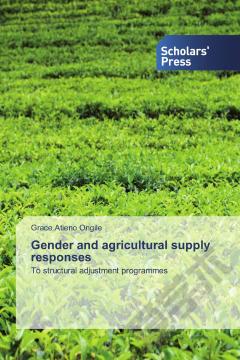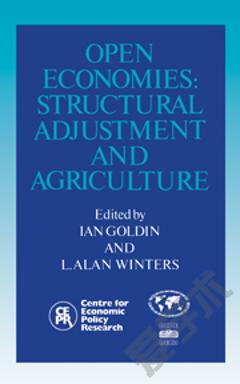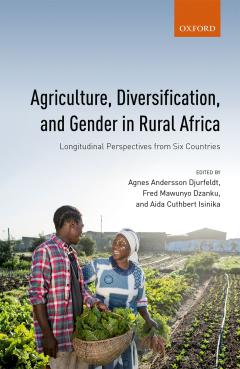Gender and agricultural supply responses —— To structural adjustment programmes
----- 性别和农业供应对策
Agriculture plays an important role in sub-Saharan African economies and will continue to do so for some time to come. African Women have always taken a very significant part in farming activities, providing most of the labour force required to produce food for local consumption and agricultural commodities for export. However, women farmers in male-headed households very often do not directly receive any of the proceeds from the sale of crops for export; the money is paid to their husbands. Because of their different roles and responsibilities, men and women are likely to respond differently to economic reform. From both an efficiency and equity perspective, successful policy formulation has to address the specificity of women’s contribution and the constraints they face in the economy. This has been increasingly recognised by a number of development agencies, including the World Bank (Blackden, 1993).
{{comment.content}}








 京公网安备 11010802027623号
京公网安备 11010802027623号